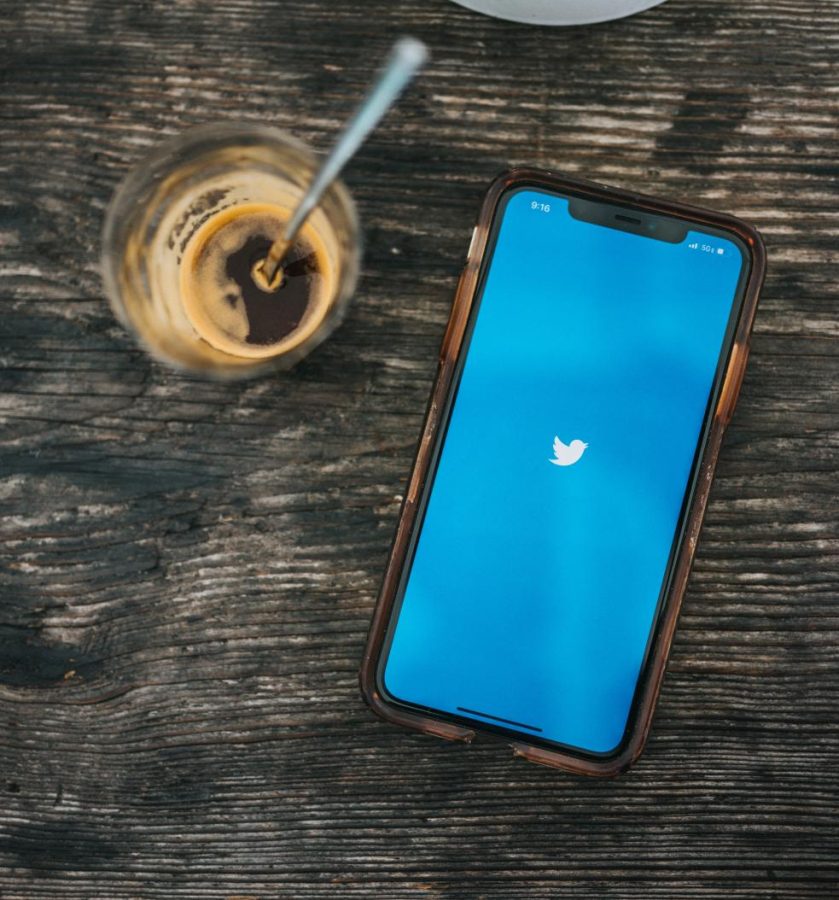Professors doubt Musk ownership change will affect Twitter much
Professors who study social media say Twitter’s sale to Elon Musk is unlikely to result in significant change to that platform — or bring about a realignment of the most widely used social media.
Elon Musk promised to revolutionize Twitter when he bought it last month, but PNW experts don’t expect it to happen.
“There will be little to no innovation apparent on Twitter,” said Rhon Teruelle, professor of Mass Communication and Social Media, who has studied the platform.
Musk paid about $44 billion for Twitter. He immediately promised to eliminate rules about content to make Twitter more welcoming and uncensored. Within hours of his purchase, the platform experienced a spike in hate speech.
“Honestly, I feel like Twitter just kind of brings out the worst in people,” said Alivia Godfrey, sophomore studying Behavioral Sciences. “A lot of people post their problems that aren’t necessarily a good thing.”
Teruelle expects Twitter to become a channel for more extremism.
“I foresee the platform as being reflective of its owner, a growing echo chamber of far-right conspiracy theorists and QAnon types,” he said.
Teruelle also said Musk has already reversed himself on promises of more freedom by cracking down on some users. In the past week, Musk suspended several users who poked fun at him, including celebrities who created Musk parody accounts.
“The rationale he provided for enforcing ‘freedom of speech’ comes under question as he just recently de-activated [“Harry Potter” actor] Daniel Radcliffe’s account for critiquing/making fun of him,” he said. “Because of his actions, many of my colleagues have deleted their [Twitter] accounts and moved over to Mastodon [another social media platform].”
But Lee Artz, professor of Media Studies, does not think Twitter has much attractive competition.
“To enter the social media universe requires massive resources,” he said. “A new platform without millionaire backing would fail quickly.
“Elon Musk buying Twitter changes nothing about social media,” Artz said, adding that all the platforms are focused on finances first.
“They all are profit-driven to attract and surveille users, and then sell the data to advertisers,” he said. “Algorithms, cookies, fingerprints and other surveillance will bolster paid rankings for search engines.”
Within a week of closing the purchase, Musk said Twitter was losing $4 million a day because major advertisers were suspending their advertising on the platform. Musk responded by laying off half of Twitter’s employees and proposing to charge for blue check verification, which drew complaints from many verified users.
“He should be careful,” said Maya Dziepak, a grad student studying Business. “If he makes a bunch of changes, he could make people use it less, like what happened to Instagram when they changed the algorithm [of what posts you see]. I think that people … like Twitter the way it is.”
Some students will wait-and-see what happens.
“I think I’ll continue using it,” said junior Esmeralda Mendez, a Hospitality and Tourism Management major. “I feel like everything’s kind of the same, I haven’t seen any changes yet.
“I just follow famous people on Twitter,” she said. “So I just [use it] when I’m bored or … to see the latest gossip.”


